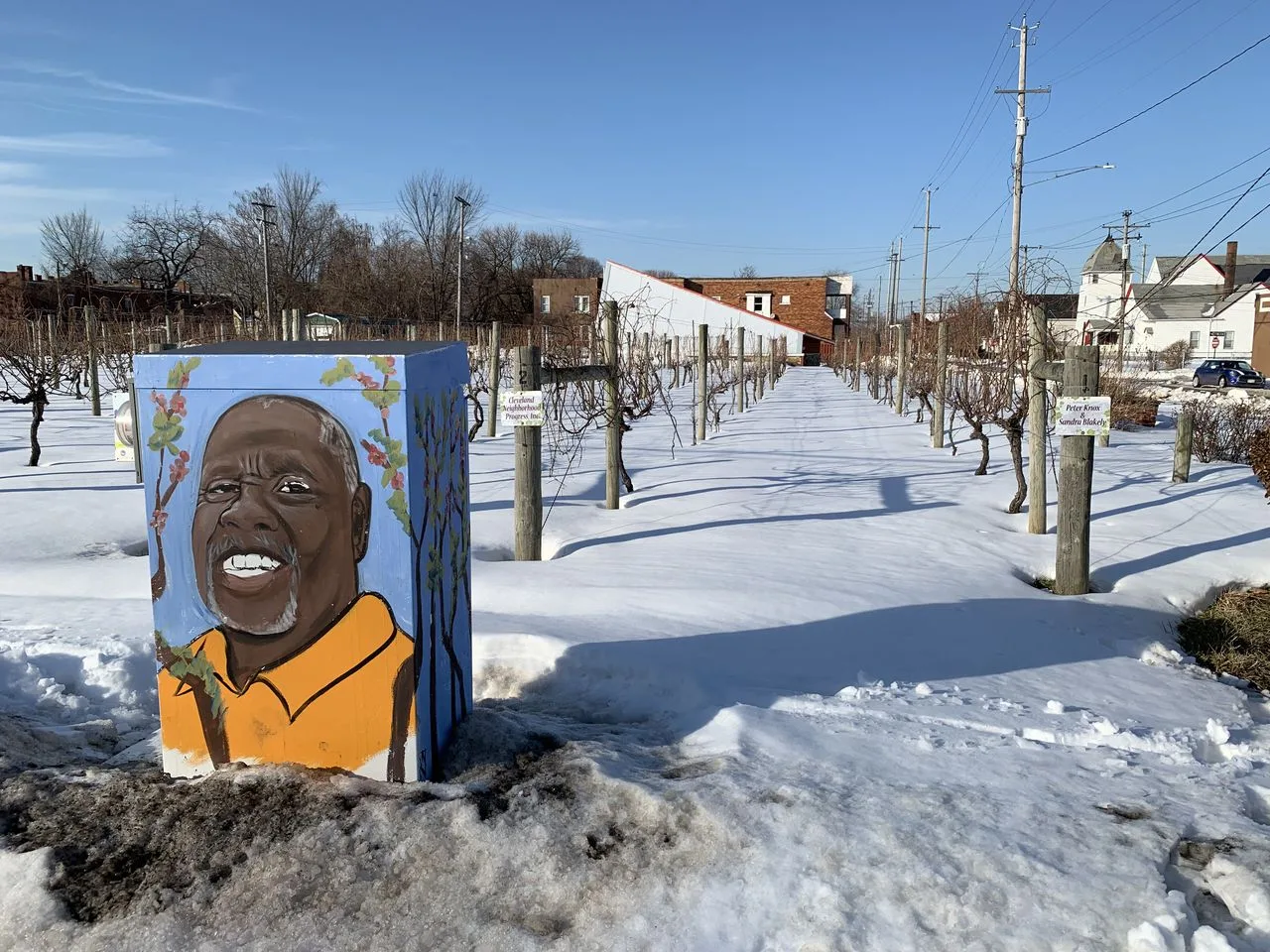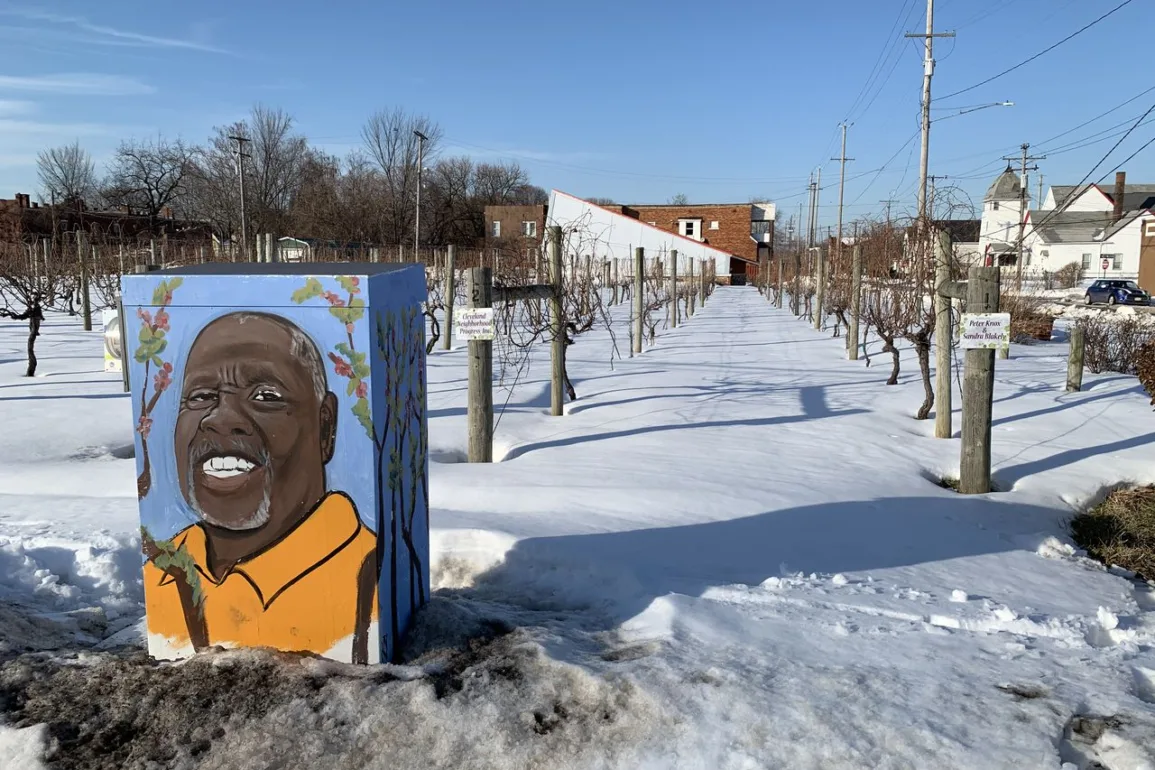
CLEVELAND, Ohio — Do you know Black community leaders who are making a mark in areas such as business, art, music, politics, advocacy, activism or education? To celebrate Black History Month 2024, cleveland.com is highlighting emerging Black leaders in a series of profiles.
Readers can nominate leaders in Northeast Ohio’s Black community who deserve recognition.
Nominees must be 18 or older, and currently reside in Northast Ohio. Employees of cleveland.com and The Plain Dealer are not eligible.
Please fill out the form below to make a nomination. The deadline is Friday, Nov. 17. Those who are chosen for profiles will be contacted, and the profiles will be published during Black History Month in February.
African-Americans have been an integral part of Northeast Ohio, as far back as the 1800s.
George Peake, considered the first African-American to settle permanently in Cleveland, was said to be a British soldier who came here to start a mill with his wife and sons in 1809.
Over the decades, actress Halle Berry, authors Toni Morrison and Langston Hughes, pioneering social worker Jane Edna Hunter, screenwriter Antwone Fisher, congresswoman Stephanie Tubbs Jones and many other prominent Blacks have all called Greater Cleveland home.
And Cleveland mayors Frank Jackson and Justin Bibb have followed in the footsteps of Carl Stokes, the first Black mayor of a major American city.
This week, the city memorialized its history as an important part of the African-American Civil Rights movement Thursday by unveiling a historic marker in front of the Greater Abyssinia Baptist Church on E. 105th Street.
The marker is part of Cleveland’s African American Civil Rights Trail, a series of stops that highlight the important role Cleveland played in the Civil Rights movement.
The city’s first Black-owned and operated recording studio, the Boddie Recording Company, was recently designated a Cleveland landmark by city council


